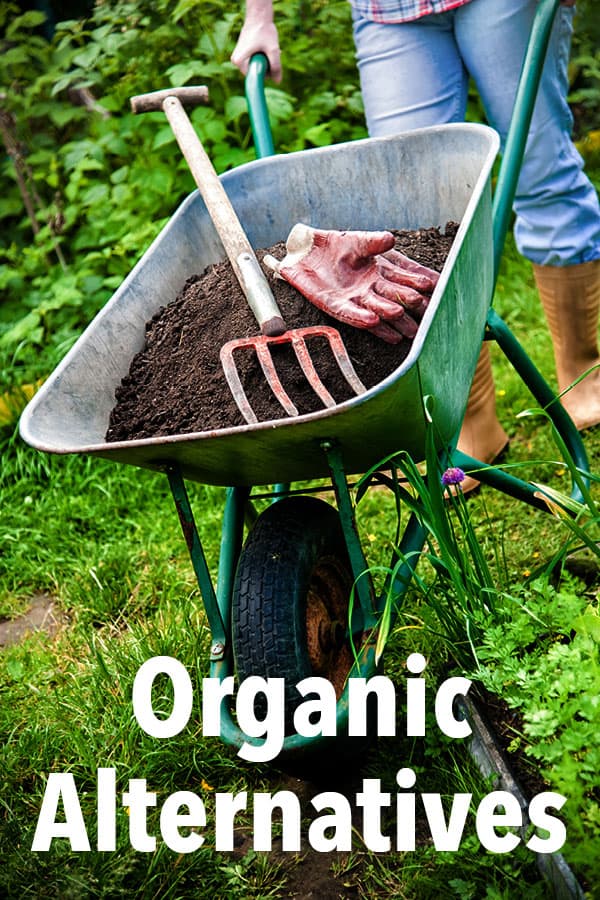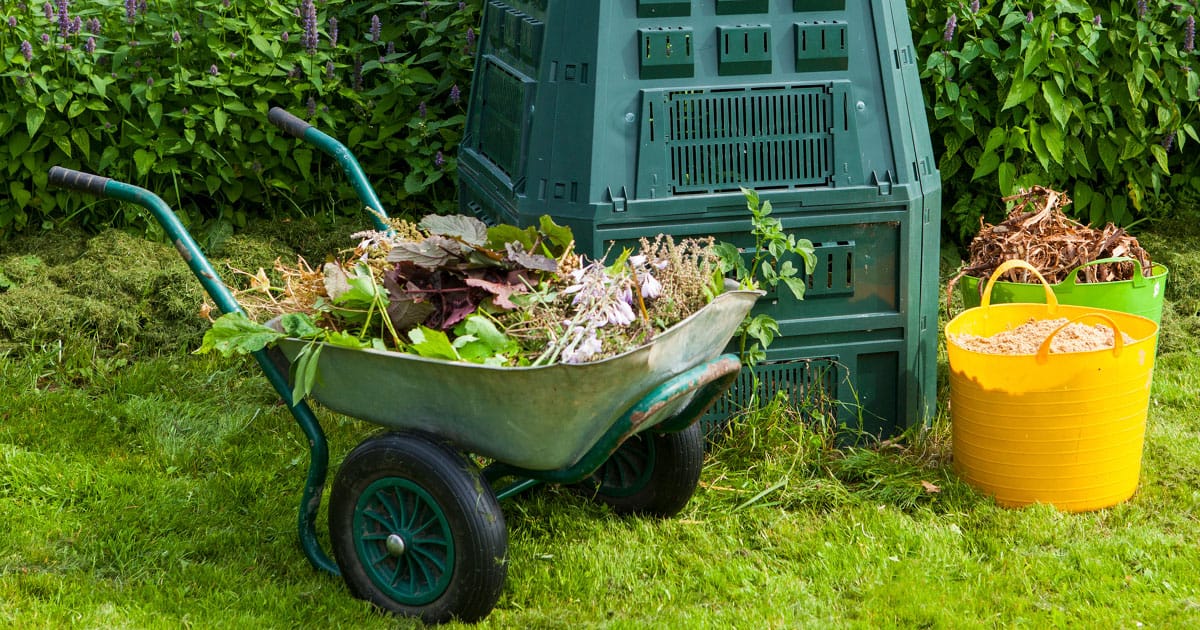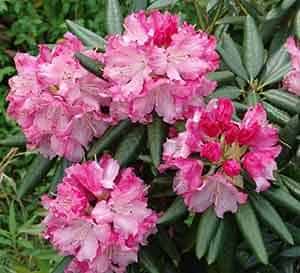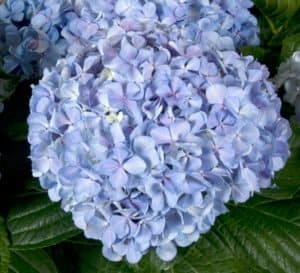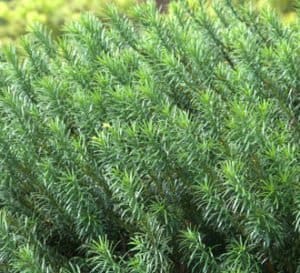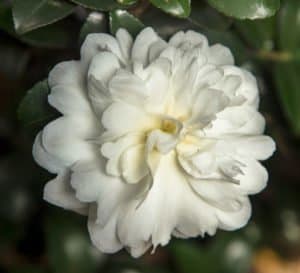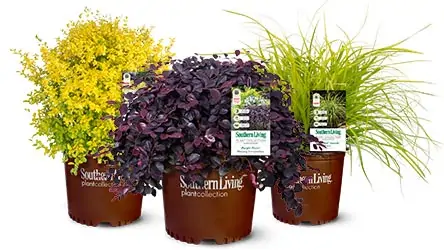Composting is an easy and cheap way to garden organically, since all the ingredients are readily available in your landscape and home. All you have to do is build or buy a compost bin, and water and stir on occasion.
Organic compost materials that add N-P-K
Fertilizers contain Nitrogen, Phosphorus, and Potassium; these elements are essential for plant growth. (To learn more about selecting fertilizers, here’s our guide.) While you can find pre-mixed organic fertilizers in your local nursery, there are other organic materials that introduce these elements to the soil and plants.
Compost should include carbon-rich ingredients such as leaves, hay, and straw, along with nitrogen-rich ingredients such as grass clippings, weeds, and vegetable and fruit peels. (To learn how to make your own compost from leaves, click here.)
Bone meal powder increases phosphorus which can help bulbs bloom more often and produce larger flowers. If you’d rather not use a product made from animals, try rock phosphate for similar results.
Greensand or sandstone raises potassium without affecting the soil’s pH level.
Compost materials for acid loving plants
Introduce more acid to the soil with tea, vinegar, coffee grounds, and saw dust. Coffee grounds increase acidity as well as nitrogen, and sawdust increases carbon – a balanced combination when used together. Acid-loving plants from the Southern Living Plant Collection include the Southgate® Rhododendron series, October Magic® Camellia series, and Yewtopia® Plum Yew. ‘Big Daddy’ Hydrangea blooms in blue when acid levels are high.
Raising the pH in your soil
If your soil is too acidic and you need a higher pH, try wood ash, eggshells, and lime. Wood ash from a wood burning stove or fireplace increases Potassium, and dried, broken egg shells increase calcium. Lime is the most common treatment, but if your soil has high amounts of magnesium (not good for plants), choose a calcium-rich ingredient like the egg shells. If you prefer your ‘Big Daddy’ Hydrangea blooms pink, bring in the alkaline ingredients. (Read more on how to test your soil’s pH level.)
Combatting ants and fungus with natural ingredients
While ants are not typically listed among other plant insects, they can do some damage, and the actual health of your plant does not explain their presence. Fungus can also be a problem, especially if watering at night so the plants don’t get scorched from afternoon rays. Try cinnamon powder and vinegar! These two ingredients repel both ants and fungus, and vinegar is even known to kill some weeds.
While not a complete guide to green gardening (the possibilities are endless!), we hope these tips work for you!
Pin it for later!
